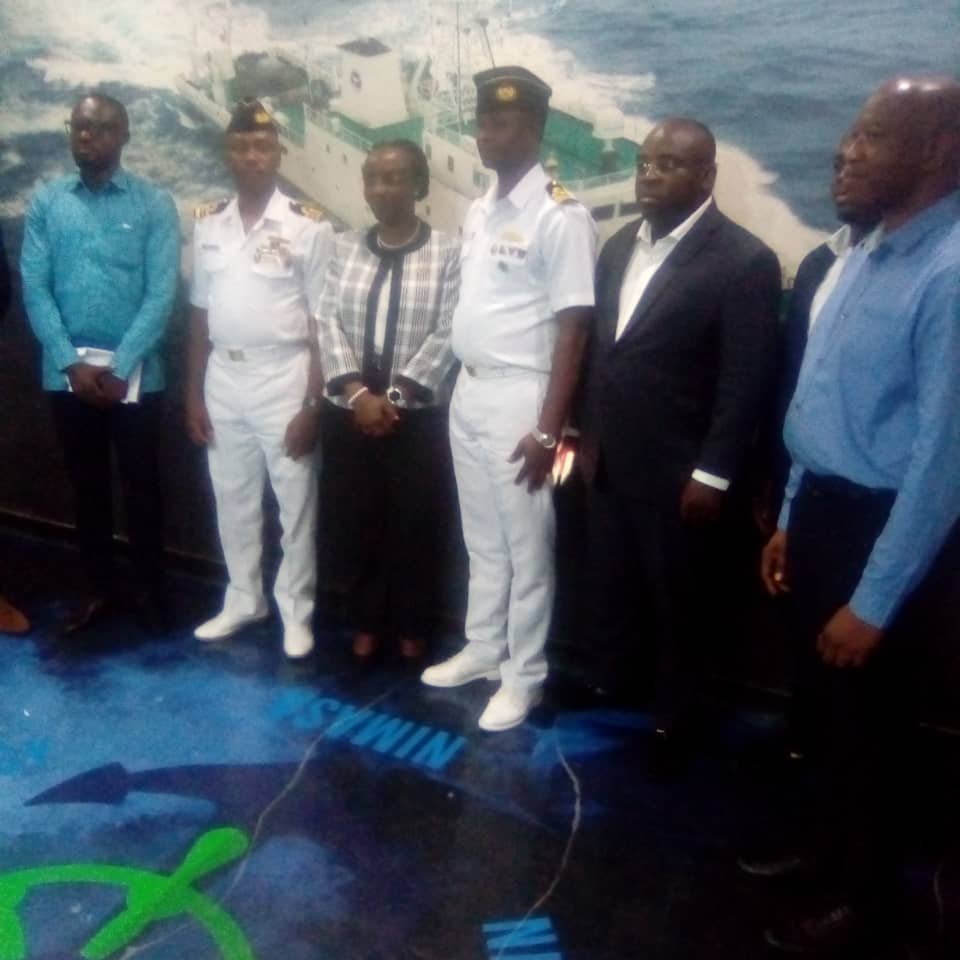The Managing Director of the Nigerian Ports Authority (NPA), Hadiza Bala Usman last Thursday in Apapa Ports complex commissioned two multi million dollars mobile harbor cranes recently acquired by APM Terminals, operators of the largest terminal in Nigeria.
The mobile cranes which were acquired at the cost of $80 million (N33.6billion) are expected to enhance cargo handling operations at their terminal in Apapa port.
Usman in her speech at the ceremony said NPA has continued to engage with the terminal operators to be able to address the issue of challenges in increased cargo volume.
According to her, the engagement with the operators has yielded results, adding that the inauguration of the two mobile cranes was part of this. She said there was need to improve on cargo delivery processes and check overtime cargoes as the ports become more efficient.
While charging the management of the Nigeria Customs Service to remove overtime containers from the port to free vital space for incoming cargo, the NPA boss said “We are also working with terminal operators to increase the barging of containers to take pressure off the roads. We have noted a significant growth in barging capacity and operations with more containers moved daily by barges from the ports”.
Head of Terminals, Africa and Middle East region of APM Terminals, Mr. David Skov, informed that APM has so far invested $358million (N150.36 billion) in the areas of port infrastructure, upgrade of information technology as well as improving on cargo handling equipment, among others.
According to Skov, “The additional investment we are making is to handle the increased trade volumes into Nigeria. Trade in Nigeria is growing due to the many favourable efforts and policies of the federal government of Nigeria, including but not limited to the policy on ease of doing business; stabilisation of foreign exchange; closure of the land borders which has increased the use of sea ports and diversification of the economy.
“The additional investments will create capacity to handle the growth in the economy to support the federal government’s efforts on trade growth and improve service delivery across the logistic chain in Nigeria”.
 The New Experience Newspapers Online News Indepth, Analysis and More
The New Experience Newspapers Online News Indepth, Analysis and More
